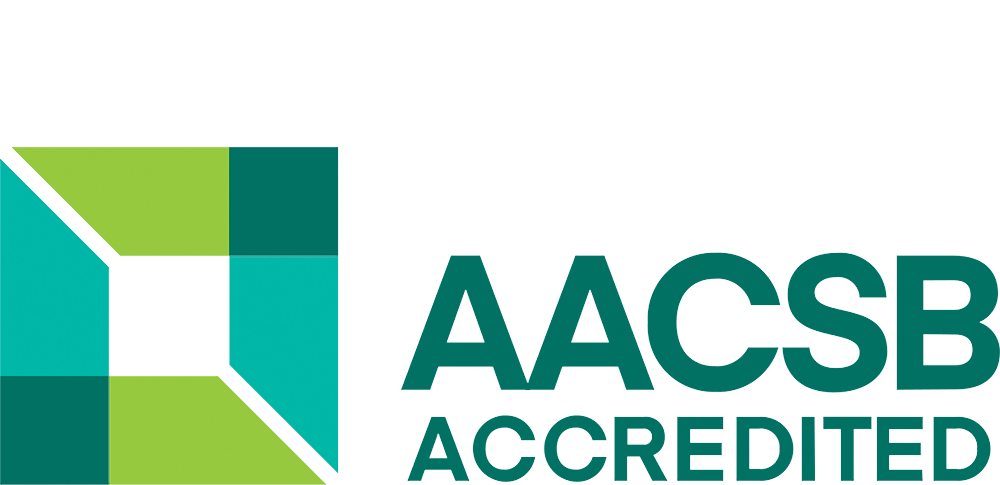What is a Product Manager?
The Product Manager, also known as the product manager, steers the development of a product from the design phase to its launch on the market. Based on customer needs, the Product Manager works with the various marketing, technical and sales teams to develop the best product and offer the best user experience. He or she defines and supervises the product strategy while liaising between the stakeholders.
What is the role of the Product Manager?
The Product Manager's job involves various tasks to develop and improve a product. The Product Manager must identify, understand and anticipate user needs in order to optimise the added value of the product. He or she will define the long-term strategic vision, create a roadmap and draw up a benchmark to steer the project.
To be supported on a daily basis in the deployment of the strategy, he/she calls on the services of the product teams (developers, UX designers, graphic designers, etc.) but also on cross-functional teams (data analyst, finance, sales, etc.). As a true conductor, the Product Manager coordinates projects in a just-in-time manner.
He/she ensures that the product is constantly evolving, in line with business and technical issues and customer needs. Once the product is launched, the product manager must also deal with user feedback. To obtain feedback, he or she relies on the customer service and sales teams in order to arbitrate and make the necessary improvements to the product.
What are the differences between Product Manager and Product Owner?
Often described as a Swiss Army knife, the Product Manager performs various functions around the product vision that can quickly become confused with those of the Product Owner. However, these web professions do not involve the same responsibilities.
The role of the Product Manager is part of the company's product strategy. He or she is involved from the identification of user needs to the implementation of the solution, including the continuous improvement of the product. He or she cultivates a broad, long-term strategic vision.
The Product Owner is responsible for maximising the value of the product. In conjunction with the development teams, he/she is involved in the operational aspect of the product. The other difference is that the Product Owner job only exists when the project development methodology applied in the company is called Agile. The Product Manager role exists in companies adopting a more traditional approach to product development, or as a complement to the Product Owner role in Agile structures.







